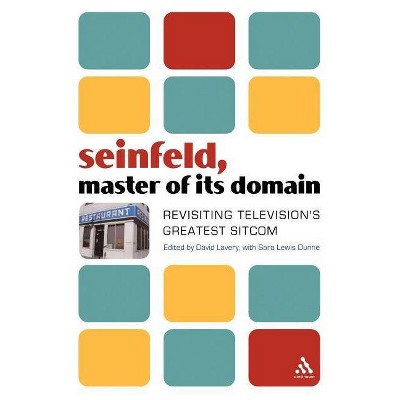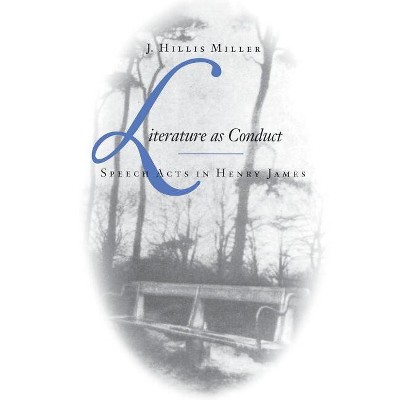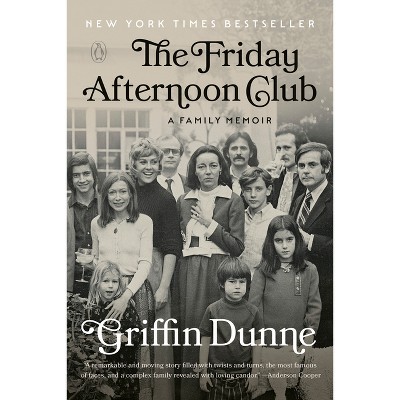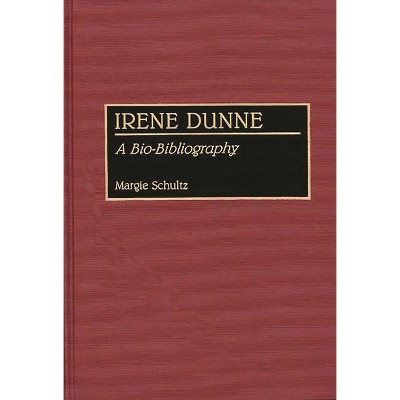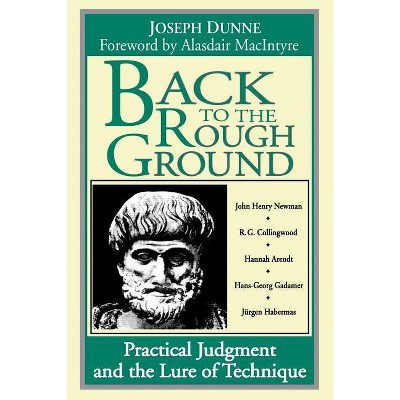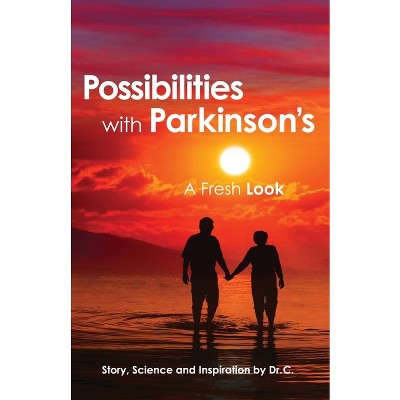J. Hillis Miller and the Possibilities of Reading - by Eamonn Dunne (Paperback)

$51.99 when purchased online
Target Online store #3991
About this item
Highlights
- J. Hillis Miller is undoubtedly one of the most important literary critics of the past century.
- About the Author: Dr Eamonn Dunne (PhD, University College Dublin) teaches English at Coláiste Chraobh Abhann school in the Republic of Ireland and is an External Marker for the National University of Ireland, Mayrooth.
- 176 Pages
- Literary Criticism, Semiotics & Theory
Description
About the Book
The first book-length study of a highly influential literary theorist and critic.Book Synopsis
J. Hillis Miller is undoubtedly one of the most important literary critics of the past century. For well over five decades his work has been at the forefront of theoretical and philosophical thinking and writing. From his earliest work with Georges Poulet and the so-called Geneva School, which introduced a generation of North American critics to the concept of a phenomenological literary hermeneutic, to a deconstructive rhetorical philology and an ethically motivated textual analysis, Miller's readings have not only reflected major movements in literary theory, they have also created them. Surprisingly, Eamonn Dunne's J. Hillis Miller and the Possibilities of Reading is the first book devoted exclusively to examining Miller's work. Dunne argues that an appreciation of Miller is crucial to an informed understanding about the radical changes occurring in critical thinking in the humanities in recent years. This book, the first of its kind, will be a vital and enabling avenue for further research into J. Hillis Miller's exemplary and prolific output.Review Quotes
"J. Hillis Miller is very likely the most happily influential critic of the last fifty years, issuing provocative book after book and conducting his prodigious education generously right before our eyes. Eamonn Dunne's study is a wonderfully responsive, careful but by no means reverential discussion of some of Hillis' leading preoccupations and their lasting implications. The book is especially useful in its analysis of the ethics of reading, of various shades of irony, and, most generally, of what happens when we read and write about what we love." -- James R. Kincaid, Aerol Arnold Professor of English, University of Southern California, USA.
"Sustained studies of J. Hillis Miller's pivotal role in the innovation and dissemination of critical theory over the past half-century are long overdue.Miller has been a polymath and decisive contributor to the field: as an early bellwether to European phenomenology and the criticism it inspired; as an exemplary collaborator and catalyst to the critical styles and interventions of Paul de Man and Jacques Derrida. But most importantly, as an inexhaustible and thoroughly innovative critic in his own right, whose readings of key literary and philosophical texts bristle with authenticity to their specific contexts and ethical inevitability. Miller is an equal partner in the exemplary intellectual exchanges he sustained with de Man and Derrida in such openness and generosity. His work, in its protean reformatting and relentless self-reconfiguration, is reminiscent, above all, of the sustained mindfulness Maurice Blanchot directed toward twentieth-century letters.Eamonn Dunne's J. Hillis Mi
About the Author
Dr Eamonn Dunne (PhD, University College Dublin) teaches English at Coláiste Chraobh Abhann school in the Republic of Ireland and is an External Marker for the National University of Ireland, Mayrooth. His research areas include speech act theory, narratology, contemporary continental philosophy, and twentieth-century movements in literary theory and criticism. He has had articles and reviews published in Textual Practice and Derrida Today.
Dimensions (Overall): 9.21 Inches (H) x 6.14 Inches (W) x .38 Inches (D)
Weight: .57 Pounds
Suggested Age: 22 Years and Up
Number of Pages: 176
Genre: Literary Criticism
Sub-Genre: Semiotics & Theory
Publisher: Continnuum-3PL
Format: Paperback
Author: Eamonn Dunne
Language: English
Street Date: February 23, 2012
TCIN: 94274403
UPC: 9781441136398
Item Number (DPCI): 247-07-2967
Origin: Made in the USA or Imported
If the item details above aren’t accurate or complete, we want to know about it.
Shipping details
Estimated ship dimensions: 0.38 inches length x 6.14 inches width x 9.21 inches height
Estimated ship weight: 0.57 pounds
We regret that this item cannot be shipped to PO Boxes.
This item cannot be shipped to the following locations: American Samoa (see also separate entry under AS), Guam (see also separate entry under GU), Northern Mariana Islands, Puerto Rico (see also separate entry under PR), United States Minor Outlying Islands, Virgin Islands, U.S., APO/FPO
Return details
This item can be returned to any Target store or Target.com.
This item must be returned within 90 days of the date it was purchased in store, shipped, delivered by a Shipt shopper, or made ready for pickup.
See the return policy for complete information.






